Jenna Bunnell (Senior Manager for Content Marketing at Dialpad) shares her thoughts on when to choose internal or external recruitment:
So say things are looking pretty peachy in your company. Maybe you have a new and exciting opportunity for some intelligent, dazzling individual to enter a cool role at your company. Or maybe somebody moved on to explore new horizons and now there’s a Stanley-shaped hole in your heart – er, company. And as you look wistfully around at your busy worker bees, a question arises in your mind:
“Can anybody here step up to the mantle and take the plate?” Idioms were never your strong suit, but we digress! How will you create your recruitment funnel and what talent acquisition channels will you use?
Should you try to hire internally from your pool of wonderful existing workforce and colleagues? Or should you hire tech talent externally and take advantage of your talent pool? Where is Stanley 2.0 going to come from?
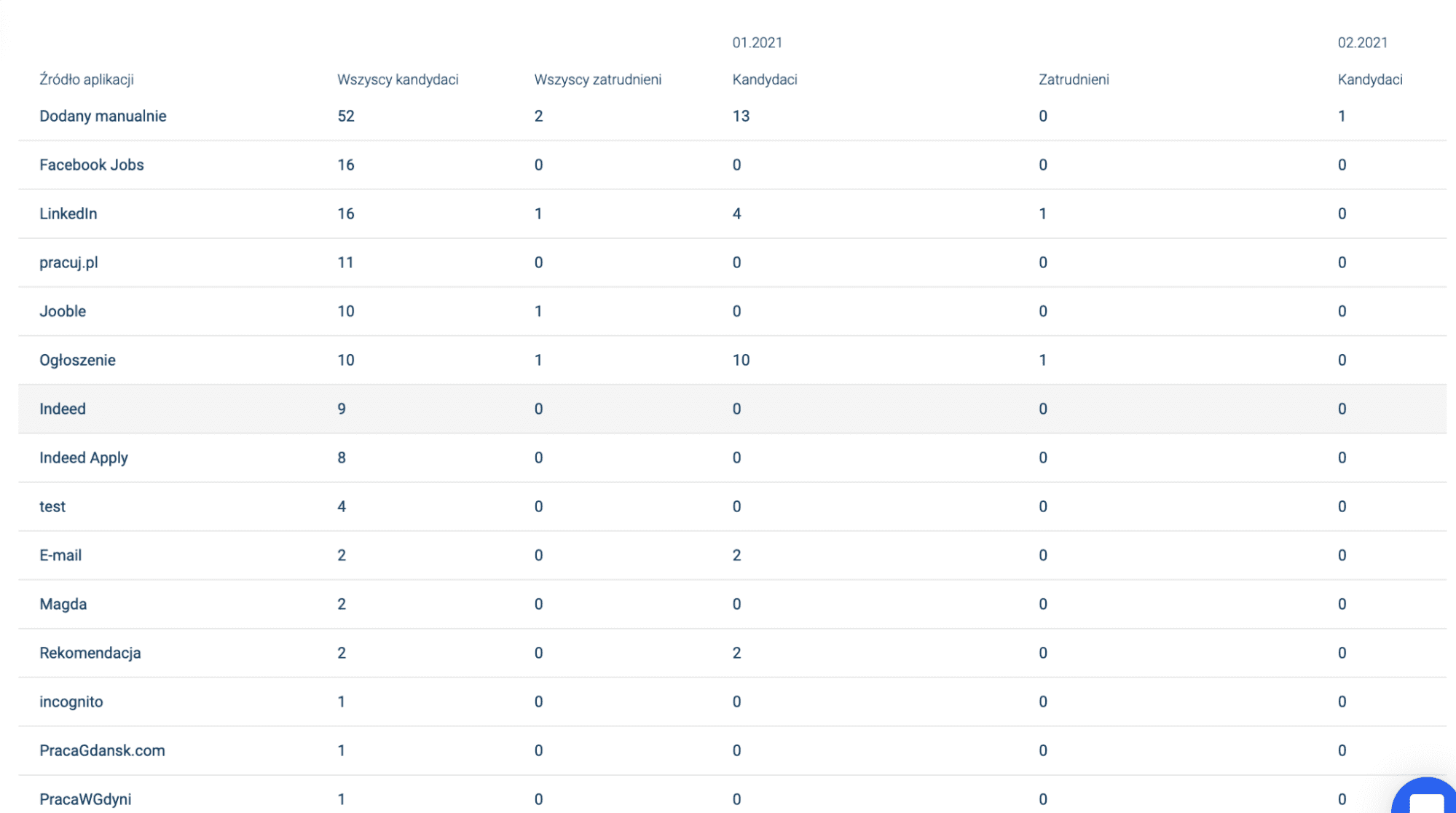
The easiest way to make a decision about anything is to draw up a Pros and Cons list. Or flip a coin. But this is a serious, life-changing decision, so the Pros and Cons list it is. Okay, here we go!
Pros of internal recruiting
There are plenty of pros to internal recruitment that we’ll get into here!
Better the employee you know
Presumably, if you have been working with your colleagues for a while, you already know them pretty well and may have a good understanding of their strengths and weaknesses. Bringing in smelly cheese for lunch and stinking up the office doesn’t count as a weakness. We’re talking about an aversion to, or confidence in, public speaking; punctuality (or lack thereof); skills in a particular area. You know if they can complete the things that are important.
While your employees probably have a plethora of hidden talents that they simply have never had a chance to showcase at work, you will be aware of the skills that they DO get to use in their day-to-day work. It takes time to really get to know people, so a big benefit of hiring internally is that you already know your employees pretty well. Hopefully.
Hidden talents
Interviewing and hearing out your current employees’ reasoning for wanting the new role on offer is a good way to find out more about them – their other skills, competencies, and dreams for the future. Maybe accounting was just a stepping stone, but what they really want is to become an IT consultant. People are complex!
Giving people a chance to show you more of who they are can also protect you from the issue of pigeonholing your employees and colleagues. Pigeonholing leads to getting stuck in ruts which leads to dissatisfaction at work.
Boost job satisfaction
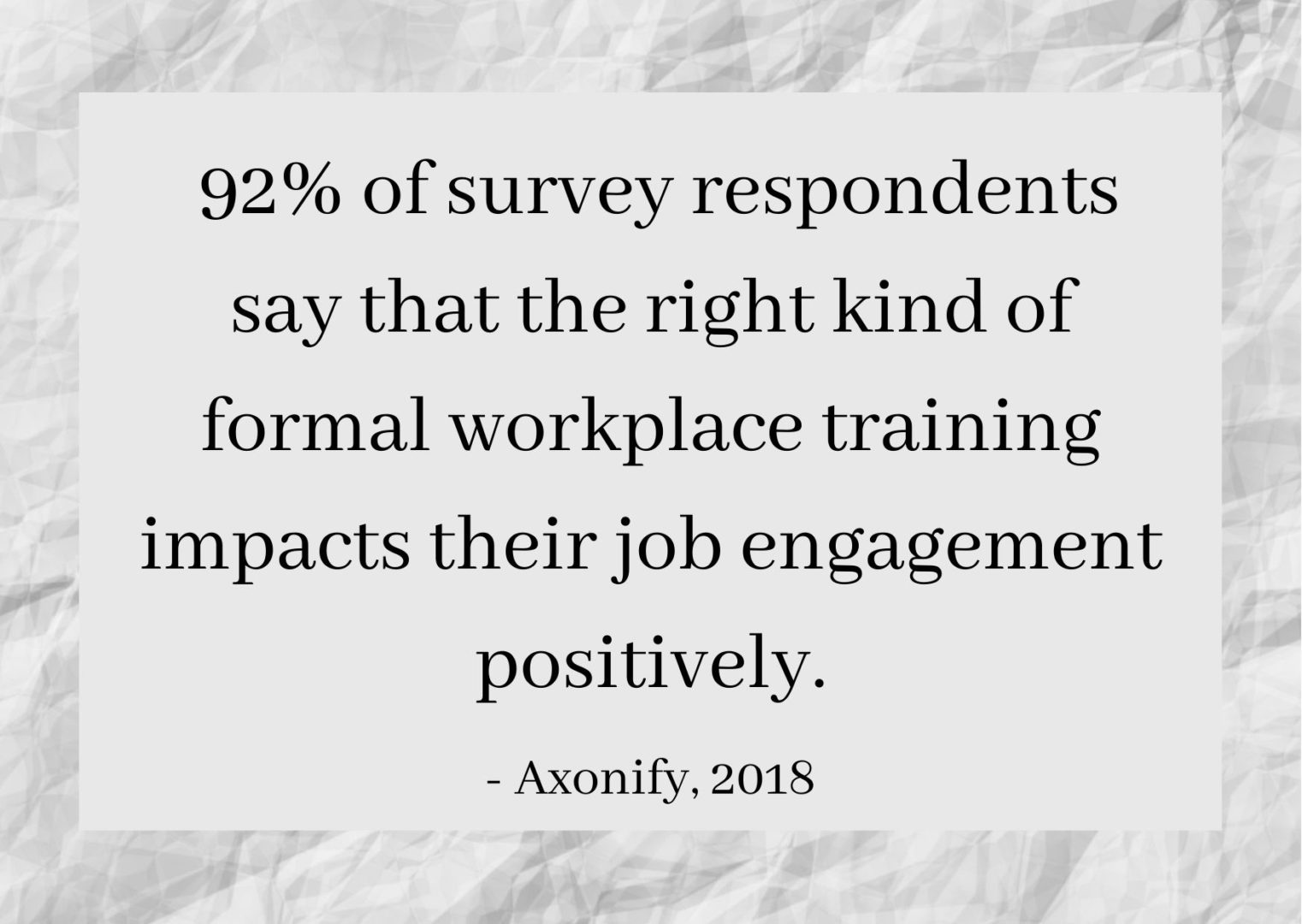
Giving people the chance to spread their wings, learn new skills, and even move teams in an internal mobility program, can breathe life into what may have become a slightly dull and unmotivating position. It gives people a chance to get some new training and flex their dormant muscles.
Giving people opportunities to further their careers is bound to boost job satisfaction, and satisfied workers are probably a lot less likely to leave. This is a good step toward creating a quality culture at the office.
They know and like you
If someone’s been with your company for a while, presumably that means that they like you enough to stick around! When people join a new company, there’s always an adjustment period when they’re finding their footing, and deciding if they’re happy in the company. The longer an employee stays in a place, the more stages of learning about you they will have been through.
They know the lay of the land
Your employees will already understand how most things work in your office. They’ll know the little things, like how to refill the printer and how to use the free video call online system, and bigger things, like who’s who in the organization, how files are stored, how the software you use works.
Save time and money
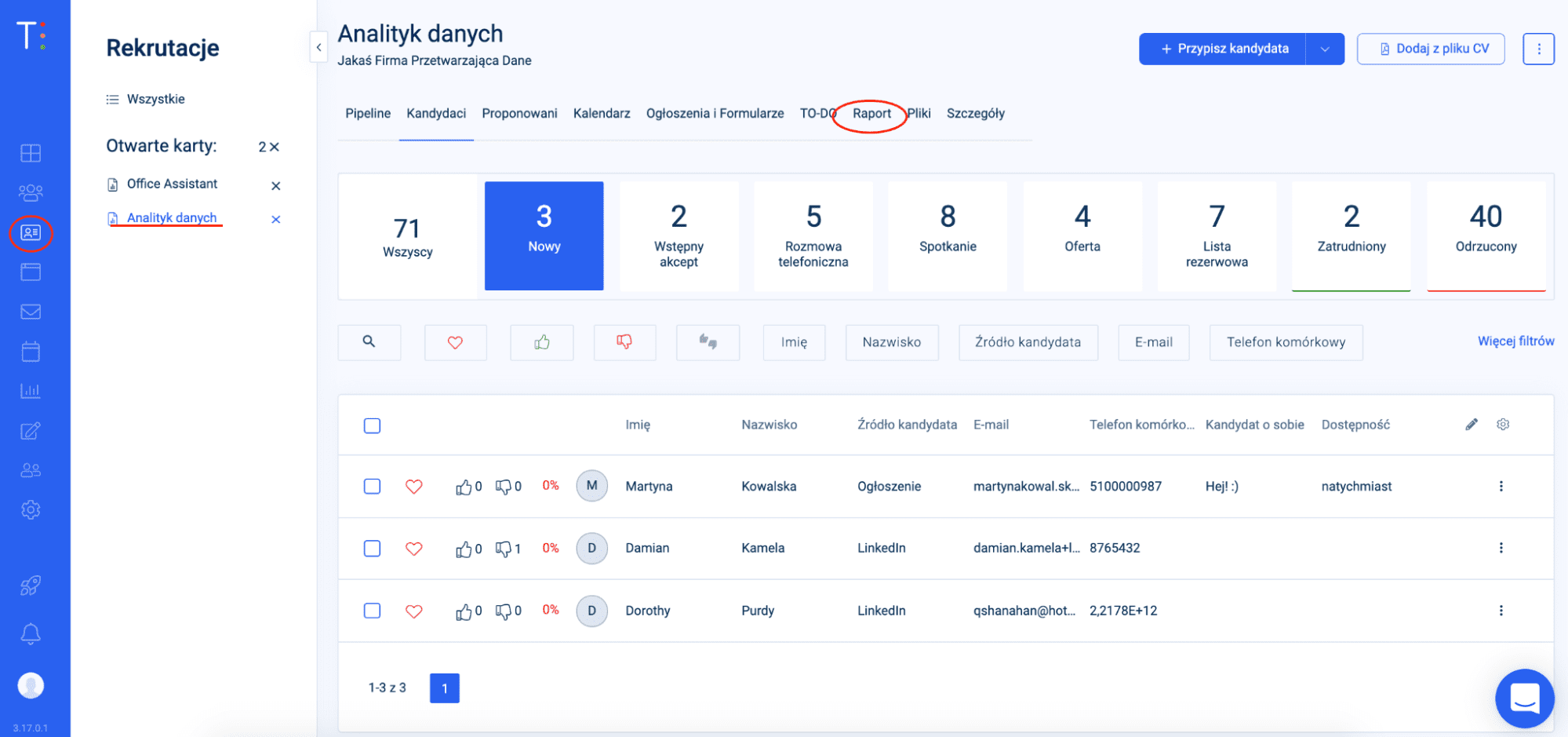
Some people have a very steep learning curve where they can pick up everything in a short amount of time, but if you opt for an internal hire, the only learning curve will pertain to new aspects of their new role. Saving time on employee training programs is a pretty big save.
Integration
Another benefit of internal hires is that they’re already familiar with and part of the cultural fabric of the office. They don’t just know the practical stuff about the office, but they’ve had time to find their place within the organization and get to know the shared values.
Disadvantages of internal recruitment
While there are many pros to recruiting internally, there are also a few cons, or at least CONSiderations to keep in mind. Let’s take a look at the disadvantages of internal recruitment.
Stuck in a rut
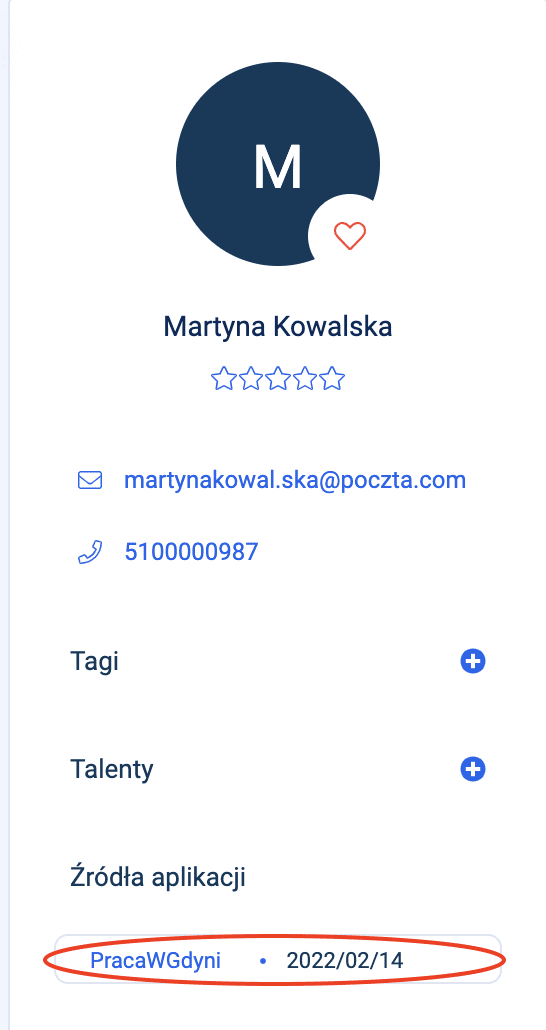
One fantastic benefit of hiring externally which you might not get if you hire internally is a fresh perspective. Getting new people in keeps things vibrant and stops things from feeling stale. A fresh perspective can shed light on outdated or irrational systems. Often, when the same group of people has worked as a team for years, old systems can become entrenched and unquestioned.
Getting external candidates in is a great way to shake things up for the better. They might be able to shed some light on why certain processes don’t work, or bring ideas from their previous places of employment or their studies to improve your lead generation strategies.
A smaller pool of candidates
While your existing employees might have the skills required for your new role, they wouldn’t have been specifically hired for the role. Going for an external hire allows you to look for candidates that exactly meet the criteria you’re looking for to fit the role. That’s not to say that an internal candidate wouldn’t be suitable, but that going external gives you the added flexibility of looking at a bigger talent pool.
Seniority over skill
Some organizations tend to reward the people who have been around the longest with promotions and other rewards, like the freedom to walk into the next role without question. While it is a great idea to reward loyalty, you don’t want to fall into the trap of giving a role to the person who has stuck things out the longest.
Being around for a long time doesn’t mean that you have the necessary skills needed to fill a new position. Many people end up in managerial positions who don’t really know how to be managers. Maybe they were fantastic in their role for 10 years, but that doesn’t mean that small enterprise management is for them.
Everyone has probably had a teacher who was a great guitar player but couldn’t teach it to save their life or a professor who is clearly passionate about marketing but doesn’t know how to deal with conflict or delegating as a manager.
Familiarity over skill
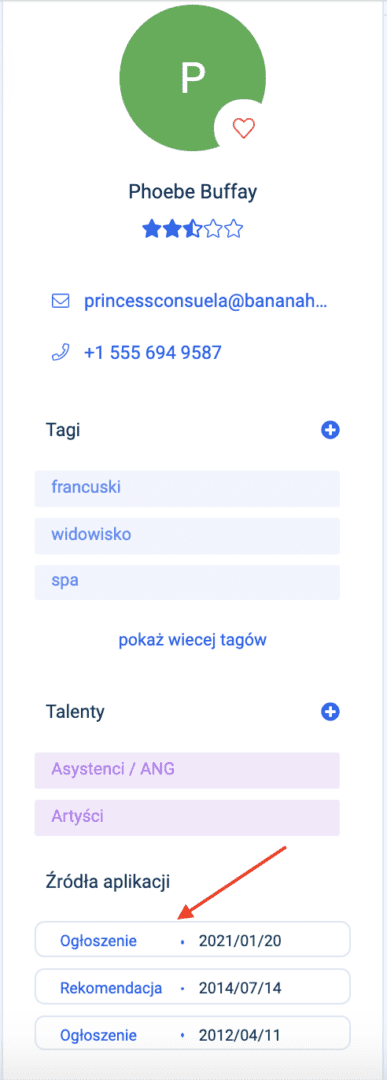
It can also be tempting to give the role to someone you know. Perhaps it would be easier than conducting employee onboarding for someone new or running background checks. Maybe you get beers with your existing colleagues every Friday and you would call them your friends. Maybe they remind you of yourself when you were younger. But familiarity doesn’t mean that these people would be good fits for the role.
It can be awkward when your employees are also your friends and you don’t want to rock any boats, but for the sake of your organization, it’s always best to prioritize finding the most skilled person for a role rather than your buddy.
It’s also important to choose someone who has the skills you need even if they don’t necessarily behave the way others do in the organization. If you’re a very chatty organization, you might feel uncomfortable hiring someone who isn’t. Yet, if you let these kinds of biases get in the way of hiring really talented people, your organization will suffer. By having diverse employees, your company culture will develop itself.
The key to finding someone based on the right qualities is getting your interview questions on point. The best questions will help you delve deep and really understand the particular candidate sitting across from you on their interview day, even if the interview only lasts an hour. You can actually use the same interview for internal candidates as well. Submitting everyone to the same rigorous standards is a good way to figure out who you really want filling Stanley’s shoes.
Recruitment is a balancing act
There are pros and cons to both internal and external recruitment. Internal hiring can save you money and time. It can also add to job satisfaction, continued employee training and growth, better talent management, and greater retention rates. However, you might not have the best person for the job in-house.
You want to keep your employees happy but also have the best team. Well, the best way to keep your ship sailing smoothly is to have the best people on board, whether they’re from your local pond or the great Atlantic.
Jenna Bunnell – Senior Manager, Content Marketing, Dialpad
Jenna Bunnell is the Senior Manager for Content Marketing at Dialpad, an AI-incorporated cloud-hosted unified communications system that provides valuable call details for business owners and sales representatives using hybrid cloud infrastructure. She is driven and passionate about communicating a brand’s design sensibility and visualizing how content can be presented in creative and comprehensive ways. She has written for Hatchbuck and MacSecurity. Here is her LinkedIn.


